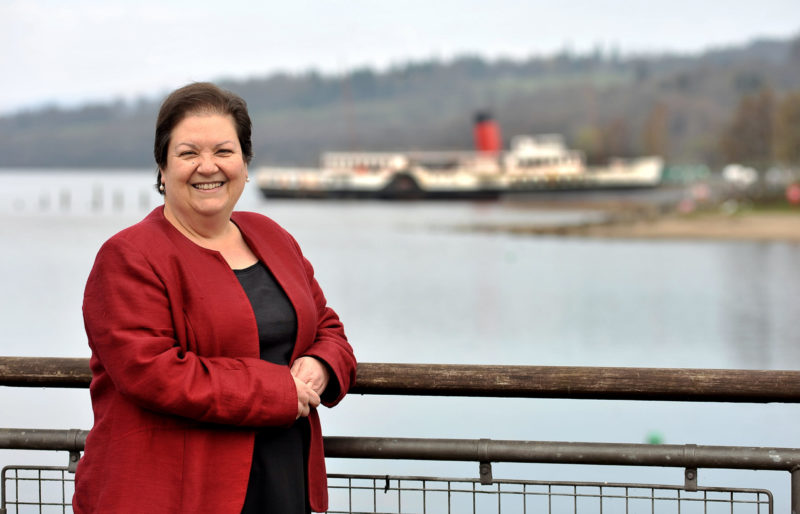Jackie Baillie MSP The official website of Scottish Labour Deputy Leader, Jackie Baillie MSP.

Jackie Baillie is supporting Migraine Awareness Week (4-10 September) to create awareness of the serious impact that migraine has on the education and wellbeing of children and young people living with it.
Migraine is a common, painful and debilitating condition that affects one in ten children in the UK. While migraine has a significant impact on the lives of adults who live with it, its early impact on children and young can be even more severe. New research by The Migraine Trust has found that children often feel left out of their own healthcare and think that their care is poor.
It also suggests migraine can limit their ability to take part in education, social activities and other important parts of growing up with 90 percent of affected young people reporting migraine made it harder to do their schoolwork.
The Migraine Trust report calls for clearer guidance and training for both health and education professionals on understanding and supporting young people impacted by migraine, as well as more resources for the parents/carers of children living with it. They suggest young people themselves need more information about their condition and how to take control of their own care, and that pathways and reviews of local migraine care in the NHS should account for the impact on children and young people.
The Dumbarton constituency MSP said: “For this year’s Migraine Awareness Week, I’m standing with the one in ten children and young people in the UK who are living with migraine. Too often they report not feeling understood in school, in the NHS or even at home, disrupting their schoolwork and quality of life. This is why we need more tools to support them and equip the adults around them to help.”
Rob Music, Chief Executive of The Migraine Trust, said: “This research lifts the lid on the severe impact migraine has on young people living with migraine, particularly in school, and highlights an urgent need for improved guidance, information and support for them, their families, and health and education professionals. We need to see a major and wide-ranging culture change that enables children and young people to talk about their migraine, be understood and be supported by both the health system and their schools.”
